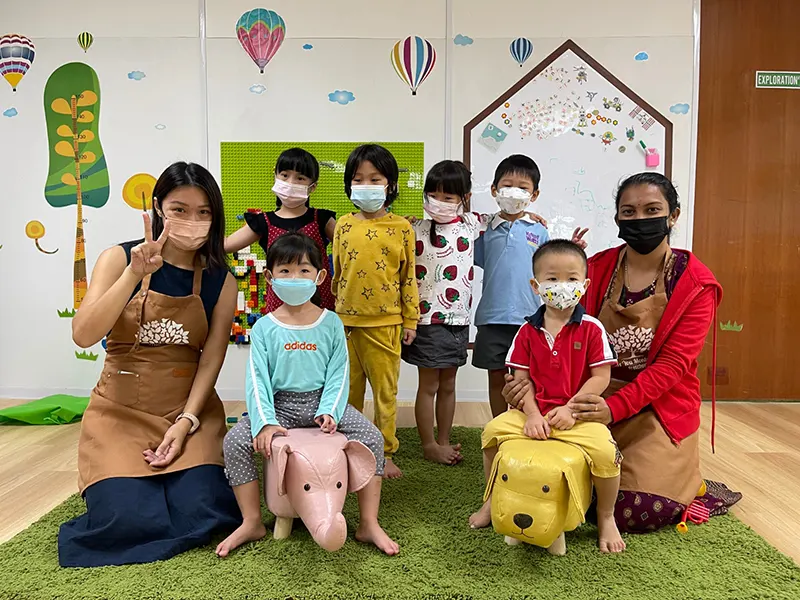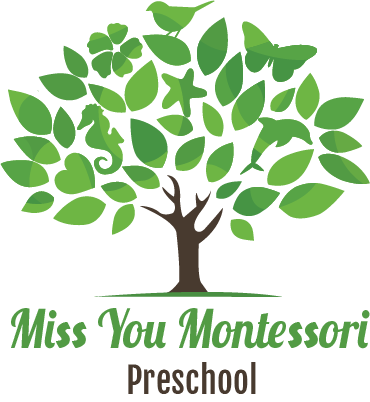Kindergarten education is a crucial first step in a child’s academic journey. It is a program designed for young children, typically between the ages of four and six, that helps them acquire the foundational knowledge and skills they need to succeed in school and beyond. Kindergarten programs vary in structure and content, but they all share the goal of providing children with a positive and engaging learning experience to become independent and life-long learners.
Research has shown that attending kindergarten can have a significant impact on a child’s brain development and future academic success. Children who attend kindergarten are more likely to read at grade level, graduate from high school, and attend college. In addition to academic benefits, kindergarten also provides children with social, emotional, and cognitive development opportunities that are essential for their overall growth, well-being and childhood development. Kindergarten is an investment in a child’s future, and it is crucial that parents understand its importance.
Benefit of Kindergarten Education – Socialization
Socialization is the process by which children learn to interact with others and develop social skills. It is an essential aspect of a child’s development, as it helps them form positive relationships, communicate effectively, and understand social norms and expectations.
Kindergarten is an ideal setting for socialization, as it provides children with opportunities to interact with peers and adults in a safe and supportive environment. Through group activities, playtime, and collaborative learning, children learn to share, take turns, and work together towards common goals. They also learn to express their emotions, communicate their needs, and resolve conflicts peacefully.
The benefits of socialization in kindergarten are numerous. Children who learn to socialize effectively in kindergarten are more likely to have positive relationships with peers and adults throughout their lives. They are also more likely to be successful in school, as they develop the communication and collaboration skills necessary for academic achievement.
Additionally, socialization in kindergarten can help prevent negative behaviors such as bullying and aggression, as children learn to empathize with others and understand different perspectives. Overall, socialization is a critical component of kindergarten education that sets children on a path towards social and emotional well-being.

Benefit of Kindergarten Education – Learning Through Play
Learning through play is an approach to education that emphasizes the importance of hands-on, experiential learning. It involves using games, activities, and other playful experiences to teach academic concepts and skills. The goal is to make learning engaging, fun, and relevant to children’s lives.
Learning through play is particularly important in kindergarten because it allows children to explore and experiment with new ideas and concepts in a low-pressure, supportive environment. Play-based learning activities promote creativity, imagination, and curiosity, and they help children develop problem-solving and critical-thinking skills. By using play to teach academic concepts, kindergarten teachers can help children develop a love of learning that will stay with them throughout their lives.
The benefits of learning through play in kindergarten are significant. Children who learn through play are more likely to be motivated, engaged, and invested in their own learning. They are also more likely to develop a positive attitude towards school and a strong sense of self-esteem. Play-based learning can help children develop the cognitive, social, and emotional skills necessary for academic success, and it can help them build a strong foundation for future learning.
Ultimately, learning through play is a powerful tool for kindergarten educators, as it allows them to create a dynamic, engaging, and joyful learning environment that fosters a lifelong love of learning.
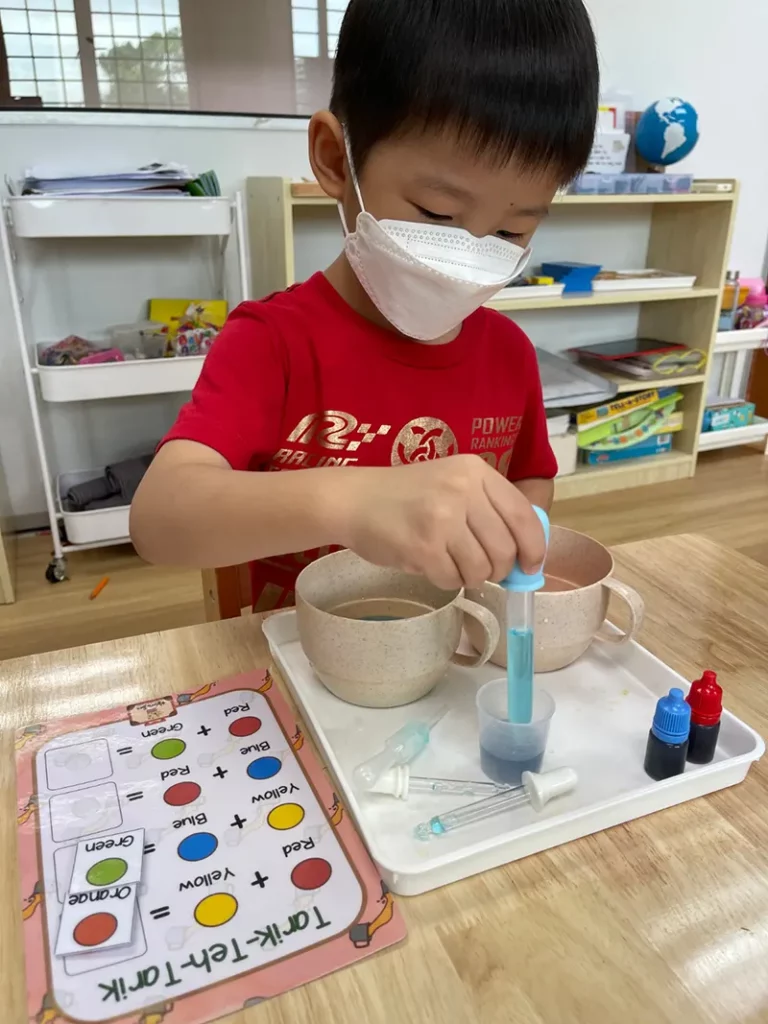
Benefit of Kindergarten Education – Cognitive Development
Cognitive development refers to the process by which children acquire knowledge and skills related to perception, memory, attention, reasoning, and problem-solving. It is a critical aspect of a child’s development, as it lays the foundation for future learning and academic success.
Importance of cognitive development in kindergarten Kindergarten is a key period for cognitive development, as children’s brains are rapidly developing during this time. The experiences children have in kindergarten can have a profound impact on their cognitive development, shaping their ability to learn and succeed in later grades. Kindergarten provides children with opportunities to explore and learn in a structured and supportive environment, which can help them develop important cognitive skills.
The benefits of cognitive development in kindergarten are numerous. Children who develop strong cognitive skills in kindergarten are better equipped to learn and succeed in later grades. They are also more likely to develop critical thinking and problem-solving skills that will serve them well throughout their lives. Additionally, cognitive development in kindergarten can help children develop a love of learning that will stay with them throughout their lives.
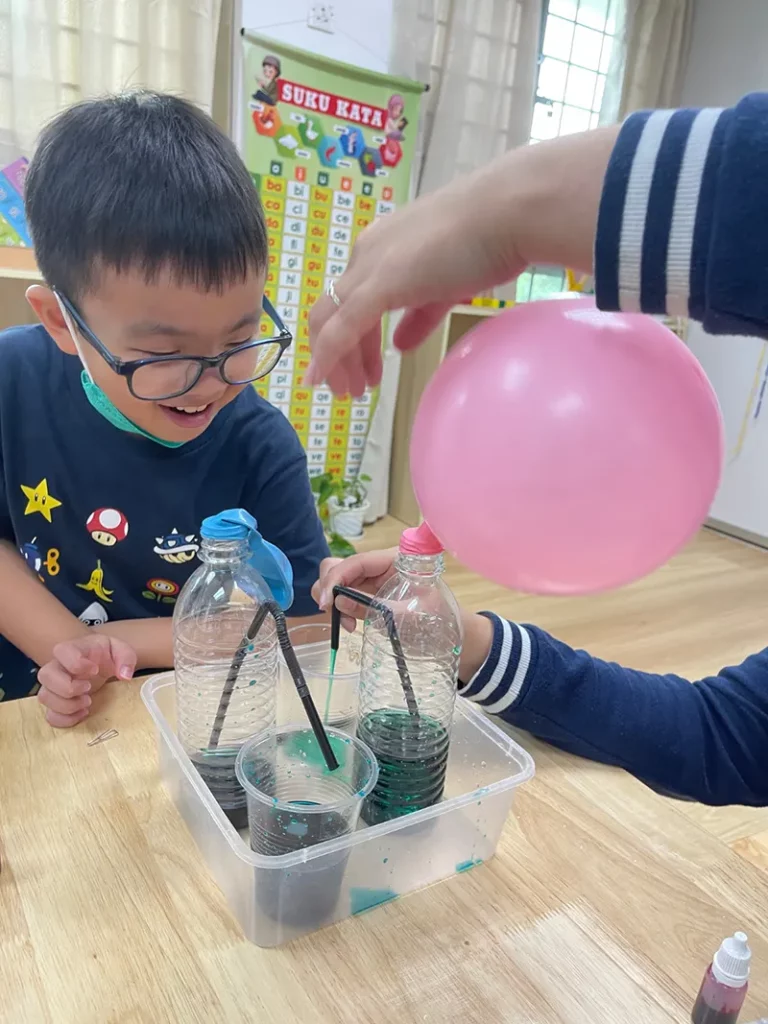
Benefit of Kindergarten Education – Emotional Development
Emotional development refers to the process by which children learn to understand, express, and regulate their emotions in a healthy and appropriate way. It is a critical aspect of a child’s development, as it helps them build strong relationships, cope with stress and adversity, and develop a positive self-image.
Kindergarten is a key period for emotional development, as children are learning to navigate new experiences and emotions in a structured and supportive environment. The experiences children have in kindergarten can have a profound impact on their emotional development, shaping their ability to manage their emotions and form positive relationships with others.
The benefits of emotional development in kindergarten are numerous. Children who develop strong emotional skills in kindergarten are better equipped to manage their emotions in a healthy and appropriate way, which can lead to improved academic performance and overall well-being. They are also more likely to form positive relationships with peers and adults, and to be resilient in the face of stress and adversity. Additionally, emotional development in kindergarten can help children develop a positive self-image and sense of self-worth that will serve them well throughout their lives.
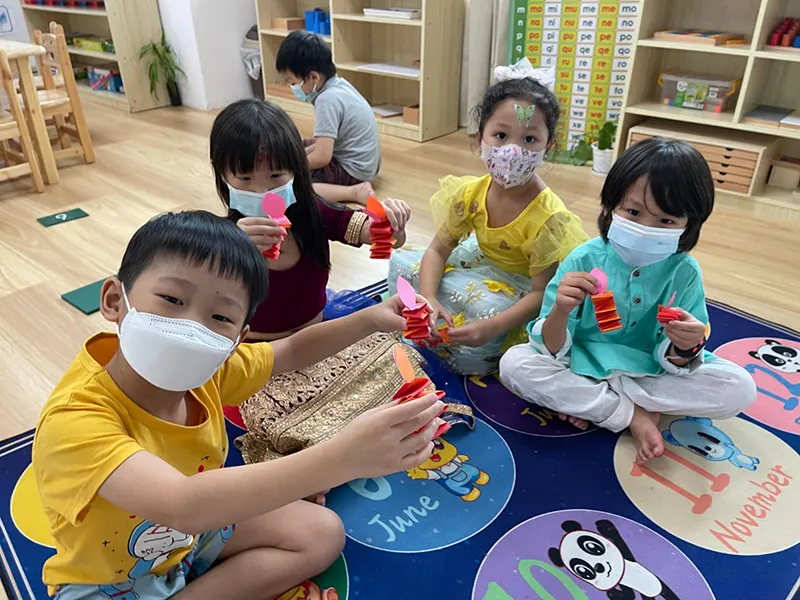
Benefit of Kindergarten Education – Language Development
Language development refers to the process by which children develop language literacy to communicate through spoken and written language. It is a critical aspect of a child’s development, as it helps them build relationships, express their thoughts and feelings, and succeed in academic and professional settings.
Kindergarten is a key period for language development, as children are learning to communicate in a structured and supportive environment. The experiences children have in kindergarten can have a profound impact on their language development, shaping their ability to communicate effectively and build relationships with peers and adults.
The benefits of language development in kindergarten are numerous. Children who develop strong language skills in kindergarten are better equipped to communicate effectively with others, which can lead to improved academic performance and overall well-being. They are also more likely to form positive relationships with peers and adults, and to succeed in academic and professional settings. Additionally, language development in kindergarten can help children develop a love for learning and a curiosity about the world around them.
There are several strategies parents and educators can use to support language development in kindergarten, including reading to children, engaging in conversation and storytelling, and providing opportunities for children to write and express themselves creatively. Additionally, incorporating technology and multimedia resources can help engage children and enhance their language development in new and innovative ways.
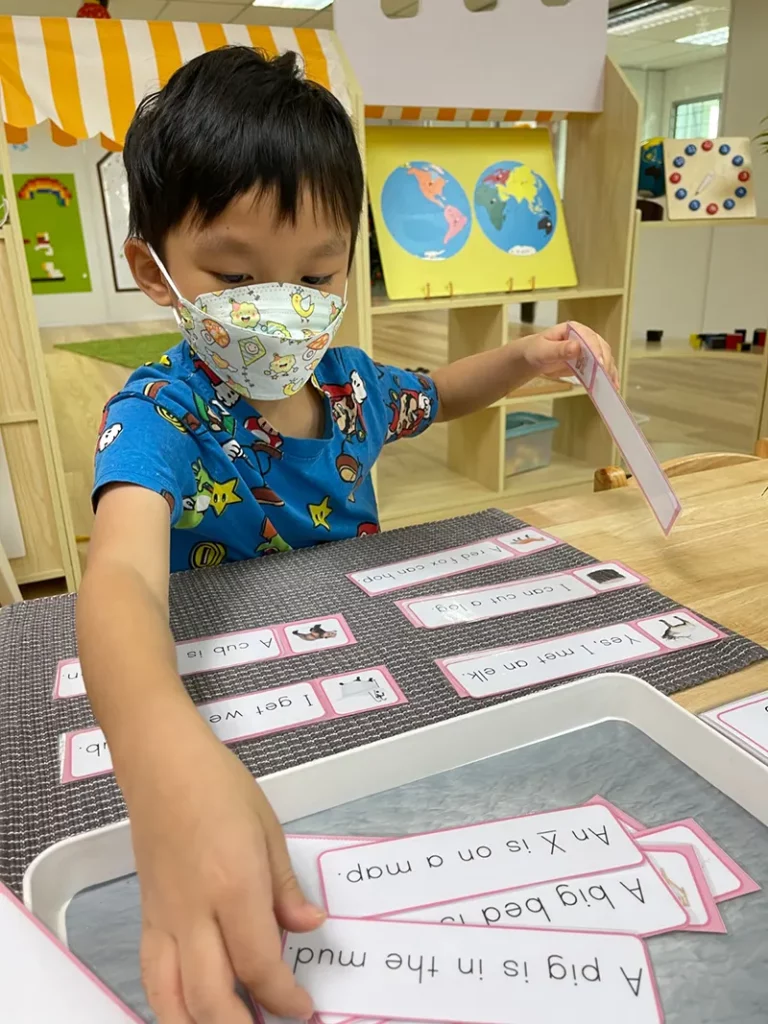
Conclusion
In conclusion, kindergarten education provides numerous benefits for children, including opportunities for social, cognitive, emotional, and language development. Given the many benefits of kindergarten education, parents and educators should prioritize their children’s education during this critical period. By providing children with a supportive and engaging kindergarten experience, parents and educators can help children build strong foundations for future academic and personal success.
If you’re interested in providing your child with a supportive and engaging kindergarten experience, do check out Miss You Montessori Preschool in Ara Damansara, Petaling Jaya. With a group of dedicated teachers and a focus on personalized and hands-on learning, Miss You Montessori Preschool provides children with opportunities to develop social, cognitive, emotional, and language skills in a supportive and nurturing environment.
You can schedule a trial class today and see for yourself the difference that Miss You Montessori Preschool can make in your child’s education and development.
Miss You Montessori Preschool
Miss You Montessori Preschool offers an affordable Montessori program for children ages 2 to 6. We are located in Ara Damansara, Petaling Jaya.
We strive to develop each child’s potential through meaningful learning experiences in a happy, safe and encouraging atmosphere.
- Montessori Curriculum
- Bilingual Immersion Program
- Thematic Integrated Curriculum
- Excellent Teacher-Student Ratio
- High-Quality Learning Space
- Global Citizen Education
Contact us now to know more about what we can offer for your child.
